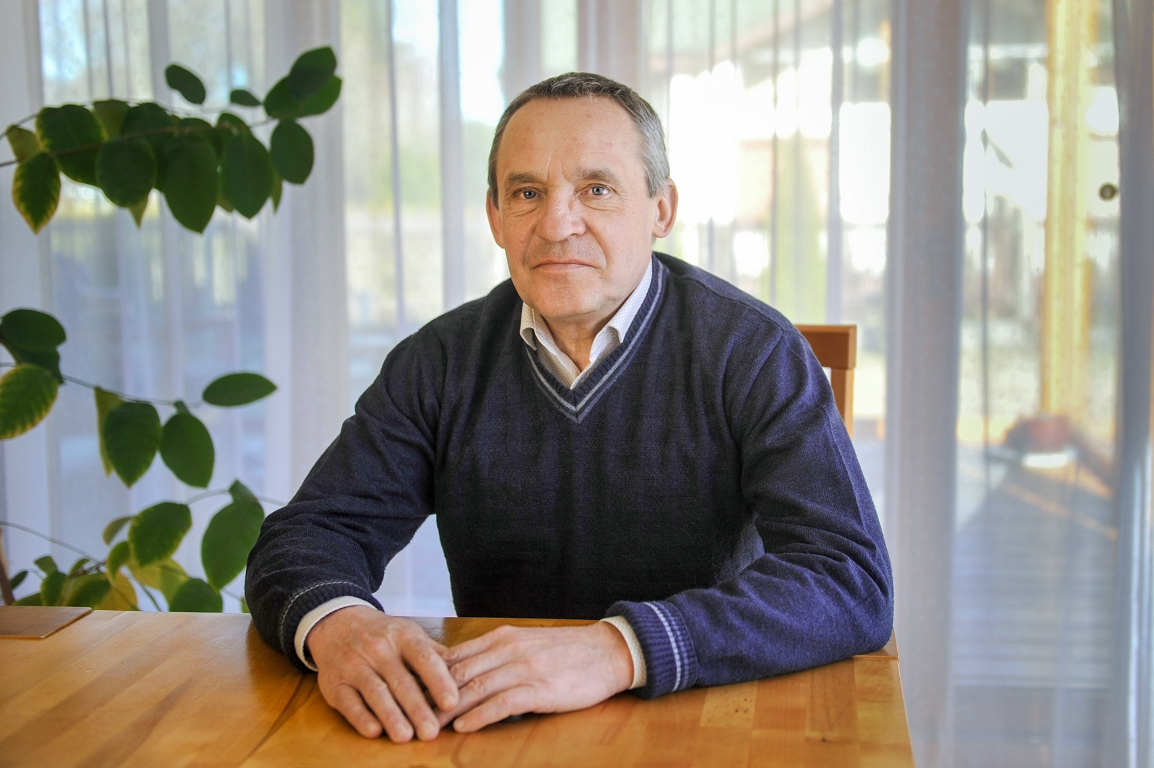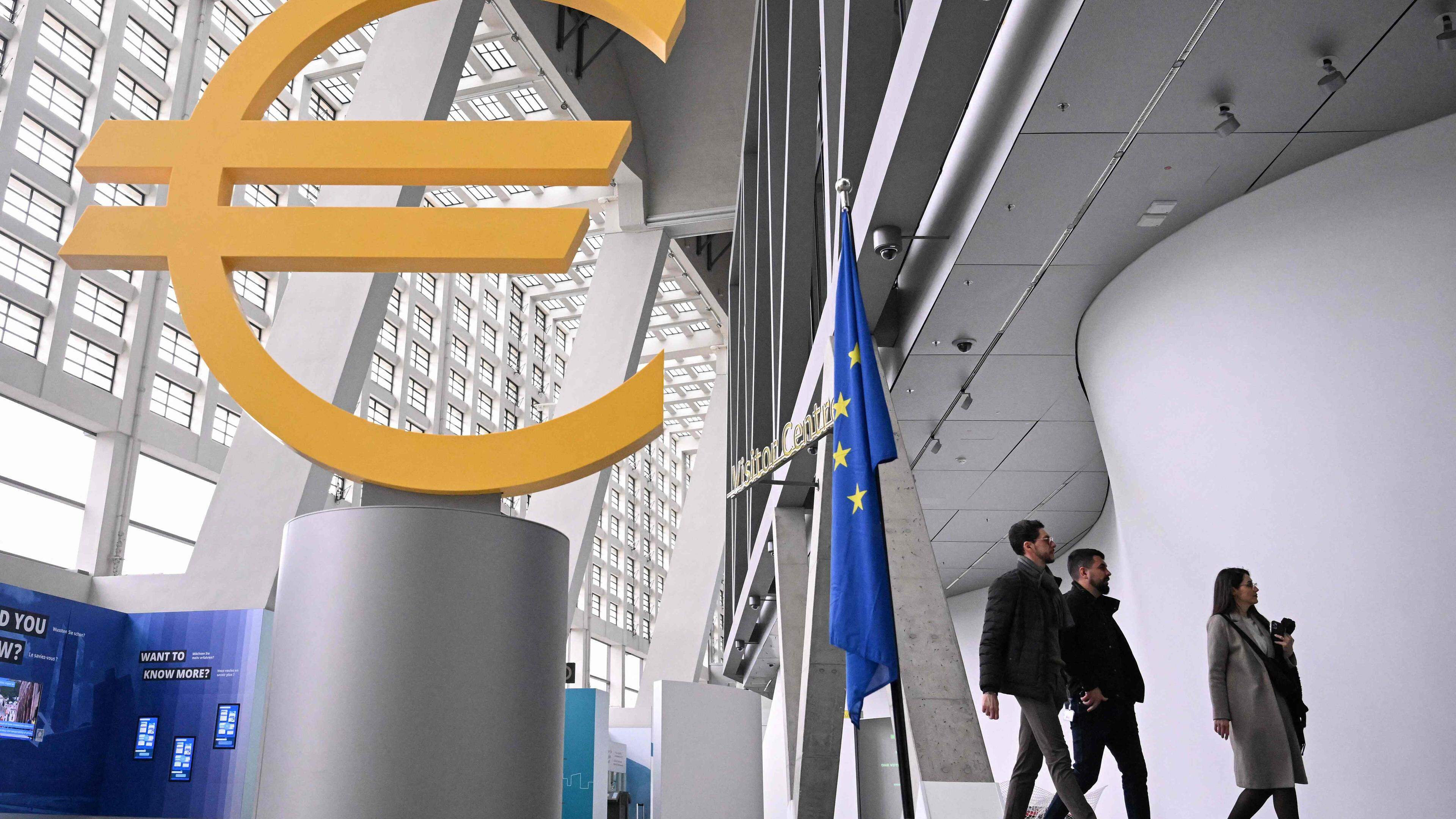All lucky families are similar, also in Emmen
/s3/static.nrc.nl/images/gn4/stripped/data128897889-ec7299.jpg)
Here it has been historic land for a very long time, thanks to Hunebedden D46 and D47 that were stacked together more than five thousand years ago. Around it is the building history of later Date: Angelslo. That neighborhood was set up in the 1960s as part of what the open green city of Emmen had to be: urban facilities, housed in low -rise buildings with a village prestige: flat roofs and lots of greenery. Found in Emmen Niek de Boer out the residential area. Some hits are now a bit worried, but then you suddenly look forward to a cheerful floral cupboard, full of books that also seem to have come through the ballotage on spring coloredness.
Too Here I amAn novel From Jonathan Safran Foer from 2016, who experienced the first part of his existence ten kilometers west, in the library of Oosterhesselen. All the happy families of Emmen, to Tolstoy, resemble each other, but the family in Here I am (Translated by Gerda Baardman and Tjadine Stheeman) is unhappy in their own unique way. Safran Foer is great at describing a small accident, such as in a scene in which Jacob and Julia, ignorantly en route to their divorce, perform their evening routine next to each other, but completely on their own. It washes with Cetaphil Daily Cleanser for Normal to Oily Skin (and then uses three spreads, all of which are mentioned by name). She opts for SW Basics Cleanser and then three different night creams. The ointment gap is no longer bridging, as Safran Foer writes with its own nod to Tolstoj: « All the lucky mornings are similar, just like all the unfortunate ones, and therefore the latter are so deeply unhappy: the feeling that that accident has happened before. »
The spouses also drive apart in daylight. Parenting appears to be a split mushroom in the first scene. Jacob and Julia are called to the rabbi because of their eldest son Sam. In the run-up to his bar Mitswa, a note full of sexist and racist words was found on his reading table, including, according to Julia, 'the N-word'. (« » Is there « the n-word »? « Asked Jacob. » Or the real n word « »). Julia assumes that the text does indeed come from their son, Jacob fiercely opposes that thought.
The discussion about the possible slider of the son is continued when Julia finds a telephone behind the WC-Pot on which Jacob exchanges horny texts with a female colleague. He defends himself in a hurry by saying that they were just words and that 'nothing else' had happened. Klets, she is looking: the words are the actions.
Safran Foer has the relationship between Woord en Daad returns to all possible forms in the novel – the title refers to the words with which Abraham reported to God to sacrifice his son. Also in the very big one: the characters are startled by an earthquake in Israel, which is the reason for all neighboring countries to invade that country. For the Jewish American Jacob, the question of Jewish American is the question of whether his lifelong with his mouth confessed solidarity with Israel means that he has to travel under these circumstances to defend the country with his body. Safran Foer describes the outbreak of that war in a series of fictitious news items, in which one after the other great power drops Israel like a brick. It suddenly gives this virtuoso divorce novel a bitter current affairs at a different level.

:format(jpeg):fill(f8f8f8,true)/s3/static.nrc.nl/wp-content/uploads/2019/07/fritshome.png)
:format(webp)/s3/static.nrc.nl/wp-content/uploads/2025/06/05221551/web-0506BIN_Jonge.jpg)
/s3/static.nrc.nl/images/gn4/data133280221-bb4cba.jpg)


